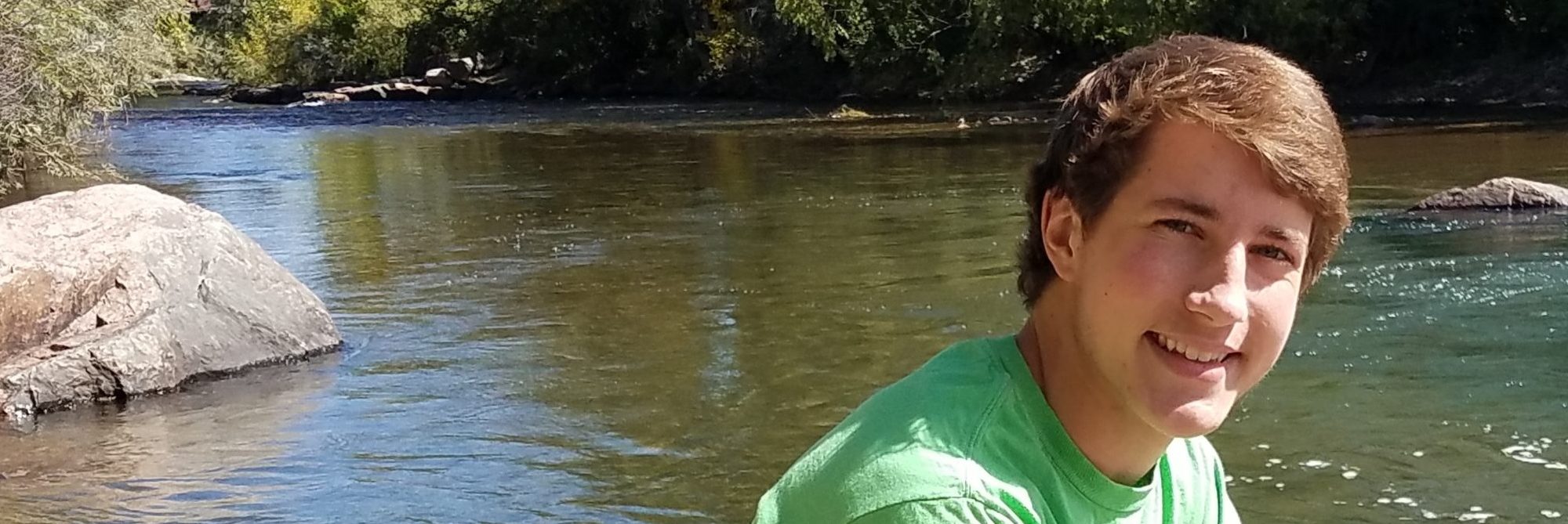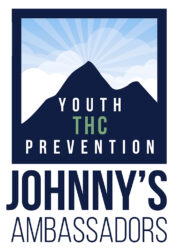These medical professionals believe today’s high-potency marijuana has negative impacts on adolescent brain development, resulting in poor outcomes, including an increase in mental illness, psychosis, and suicide. Their important work informs the science we use at Johnny’s Ambassadors for our presentations and curriculum. We are honored to have them stand behind us and thank them for their partnership.
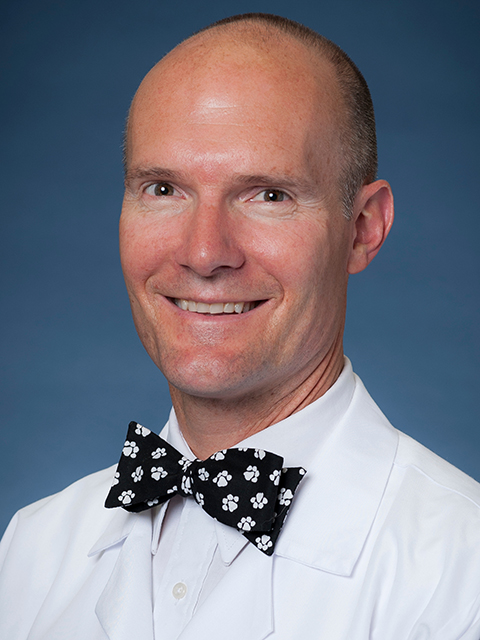
Dr. Christian Thurstone, M.D. is board-certified in child psychiatry and addiction psychiatry. For 18 years, he has been the director of a busy adolescent substance treatment program in Denver. He currently serves as the director of behavioral health at Denver Health and is a professor of psychiatry at the University of Colorado School of Medicine. drthurstone.com
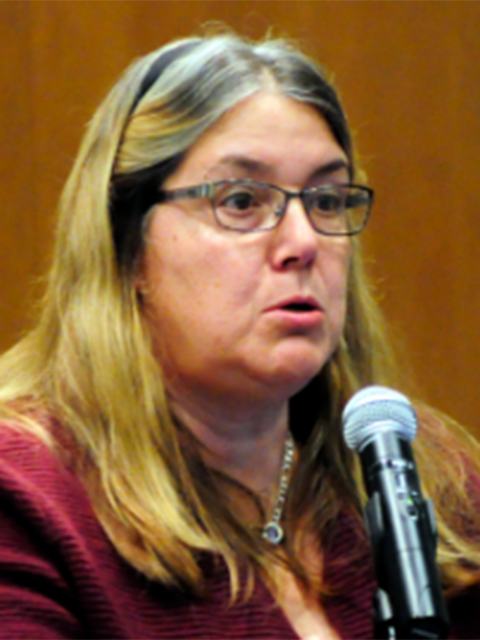
Dr. Karen Randall, M.D. is an emergency medicine physician. Dr. Randall has a certificate in Cannabis Science and Medicine from the University of Vermont. Her residency training was in family practice, pediatrics, and emergency medicine, and she taught at a large teaching hospital in Detroit. She currently practices emergency medicine in southern Colorado, where she is the VP of case management for the emergency department.
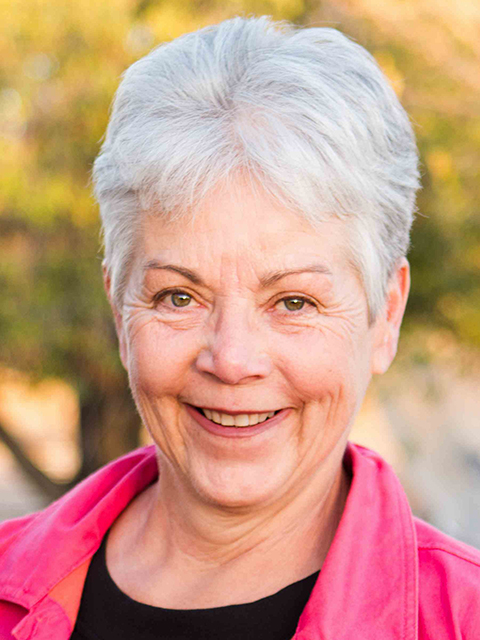
Dr. Libby Stuyt, M.D. is a retired addiction psychiatrist and a clinical faculty member of the CU School of Medicine Department of Psychiatry. After serving for 20 years as the Director of the CO Mental Health Institute at the Pueblo Circle Program, Dr. Stuyt believes, “High-potency marijuana is the worst drug we have because it is so insidious. Everyone has ‘normalized’ it and believes it is safe.”
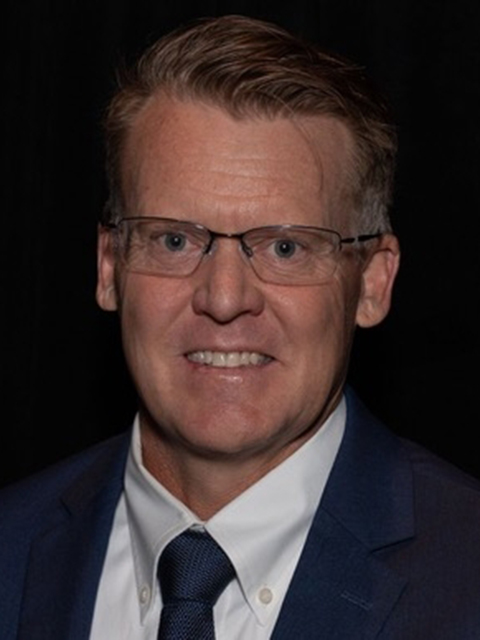
Dr. Kenneth P. Finn, M.D. has practiced pain medicine for 24 years. He served on the CO Governor’s Task Force on Amendment 64 and the CO Medical Marijuana Scientific Advisory Council. Dr. Finn is an Executive Board Member of the American Board of Pain Medicine. He is also involved in the Colorado Pain Society and Colorado Medical Society’s work to manage the state’s opioid epidemic. www.springsrehab.net/
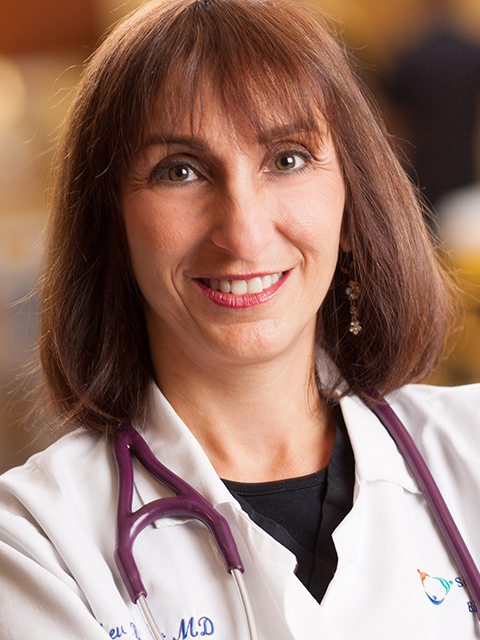
Roneet Lev, M.D. was the first Chief Medical Officer of the White House Office of National Drug Control Policy, 2018-2020 and now again starting in 2025. Lev is dually board certified in emergency and addiction medicine, bringing over 30 years of experience treating the frontline cases of addiction. Lev is an energetic leader with a passion to assist communities in preventing and treating addiction. She has a popular podcast, High Truths: hightruths.com/
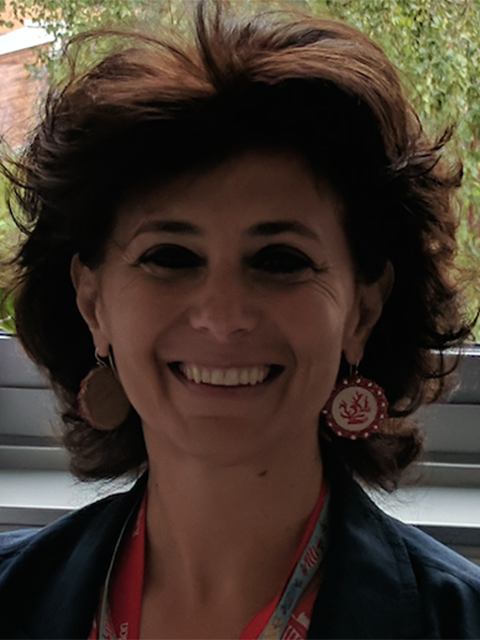
Dr. Marta Di Forti is regarded as one of the leading researchers in the world in the field of cannabis and psychosis. The clinical population she cares for comprises young individuals suffering their first episode of psychotic disorders. Two thirds of her patient group have used cannabis before their psychotic onset. Di Forti runs the first and only Cannabis Clinic for Patients with Psychosis in UK. In 2020, Di Forti was awarded an MRC Senior Clinical Scientist Fellowship that will allow her to expand her research in the role of cannabis use in psychosis and its underlying biology. She showed for the first time that use of high-potency types of cannabis carries a higher risk of psychosis than use of traditional types and affects rates of psychotic disorders across Europe.
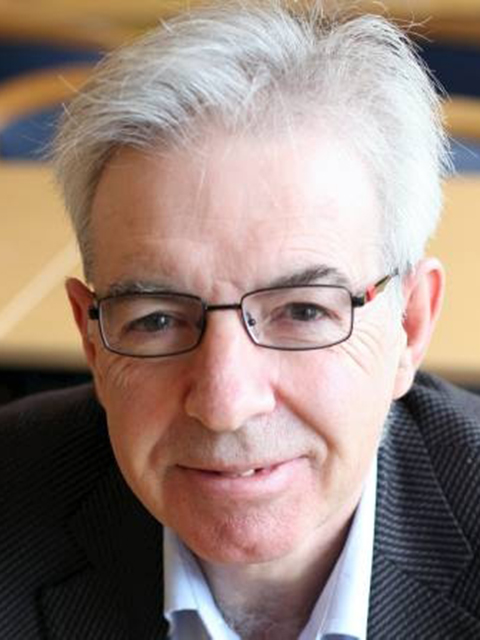
Sir Robin Murray is a famed cannabis researcher and was knighted in 2011 for his services to medicine. He is a Professor of Psychiatric Research at the Institute of Psychiatry (IoP), King’s College London (KCL) and a Fellow of the Royal Society (FRS). Robin Murray and colleagues were among the first to demonstrate that prolonged heavy abuse of cannabis can contribute to the onset of psychosis, and that starting early before 15 years and using high potency cannabis particularly increase the risk. He also cares for patients within the National Psychosis Unit at the South London and Maudsley NHS Trust. He has supervised 33 PhDs and 5 MD Theses (with 100% success). He is part of the Psychosis Clinical Academic Group and the NIHR Maudsley Biomedical Research Centre.
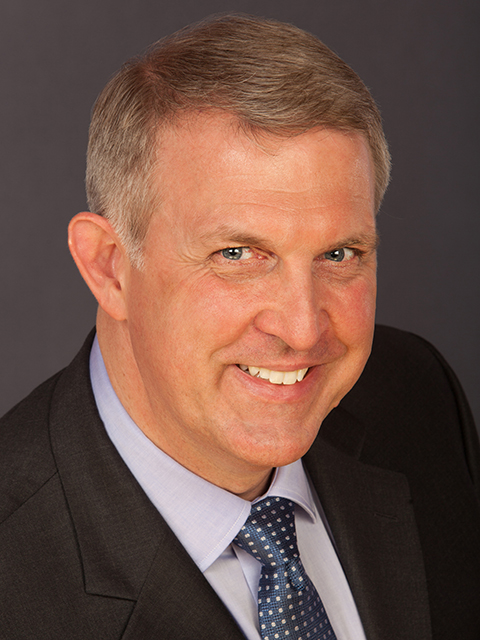
Dr. Erik Messamore, M.D. is an expert in the fields of psychopharmacology, complex mood disorders, psychosis, and schizophrenia. He’s an Associate Professor of Psychiatry at the NE Ohio Medical University (NEOMED) and the Medical Director of NEOMED’s Best Practices in Schizophrenia Treatment Center. He is a seasoned clinician and accomplished scientist, with a passion for improving the lives of those affected by mental illness. erikmessamore.com/
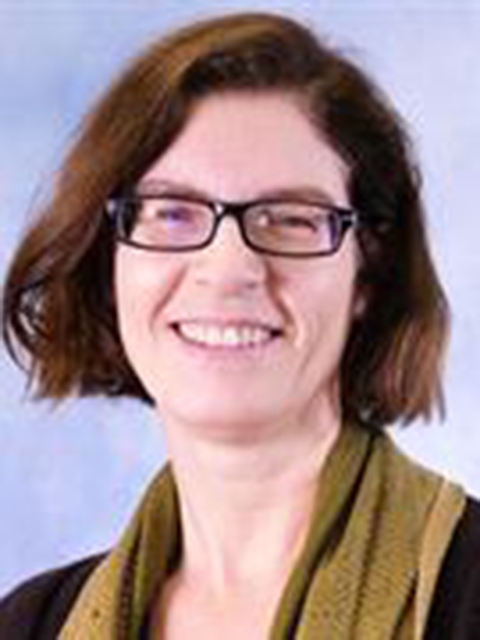
Mary Cannon MB BCh BAO, FRCPsych, MSc, PhD is a consultant psychiatrist and Professor of Psychiatric Epidemiology and Youth Mental Health in the Department of Psychiatry, RCSI University of Medicine and Health Sciences in Dublin, Ireland. Her longstanding research interest is in the area of young people’s mental health and in identifying early risk and protective factors for later mental illness, particularly psychosis. Professor Cannon currently holds a Consolidator Award from the European Research Council. She was listed in the 2020 Thomson Reuters most highly cited researcher list as one of the most cited researchers (top 1%) in her field internationally.
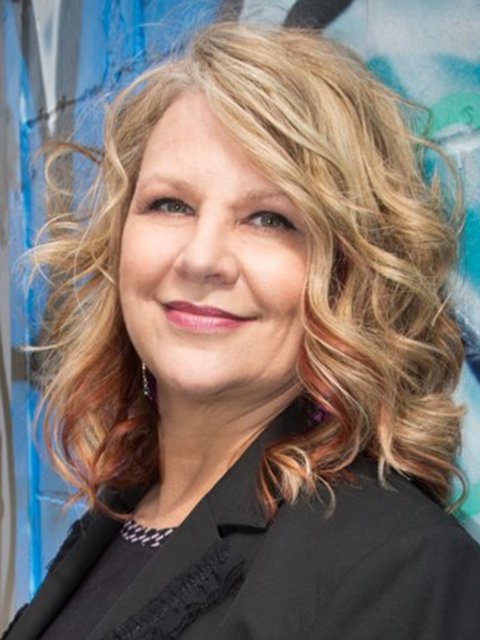
Dr. Crystal Collier, LPC-S has worked with individuals suffering from mental, behavioral, and substance use disorders since 1991. Her areas of expertise include adolescent brain development, parent coaching, family of origin therapy, prevention programming, and training new clinicians. She possesses a bachelor’s degree in Psychology, a master’s degree in Clinical Psychology, and a doctorate in Counselor Education. drcrystalcollier.com/
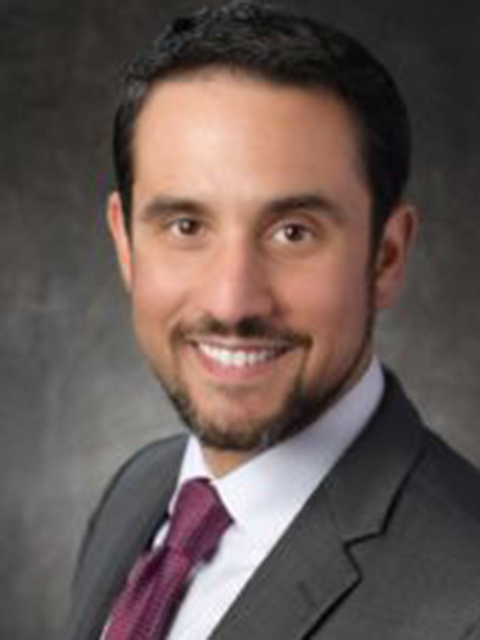
Dr. Aaron Weiner, Ph.D. is a practicing clinical psychologist, specializing in the treatment of individuals suffering from the consequences of drug or alcohol use or behavioral addictions. He’s the bridge between addiction science and the front-line realities of youth drug prevention. He knows first-hand the dangers of marijuana on the developing adolescent mind. www.weinerphd.com/
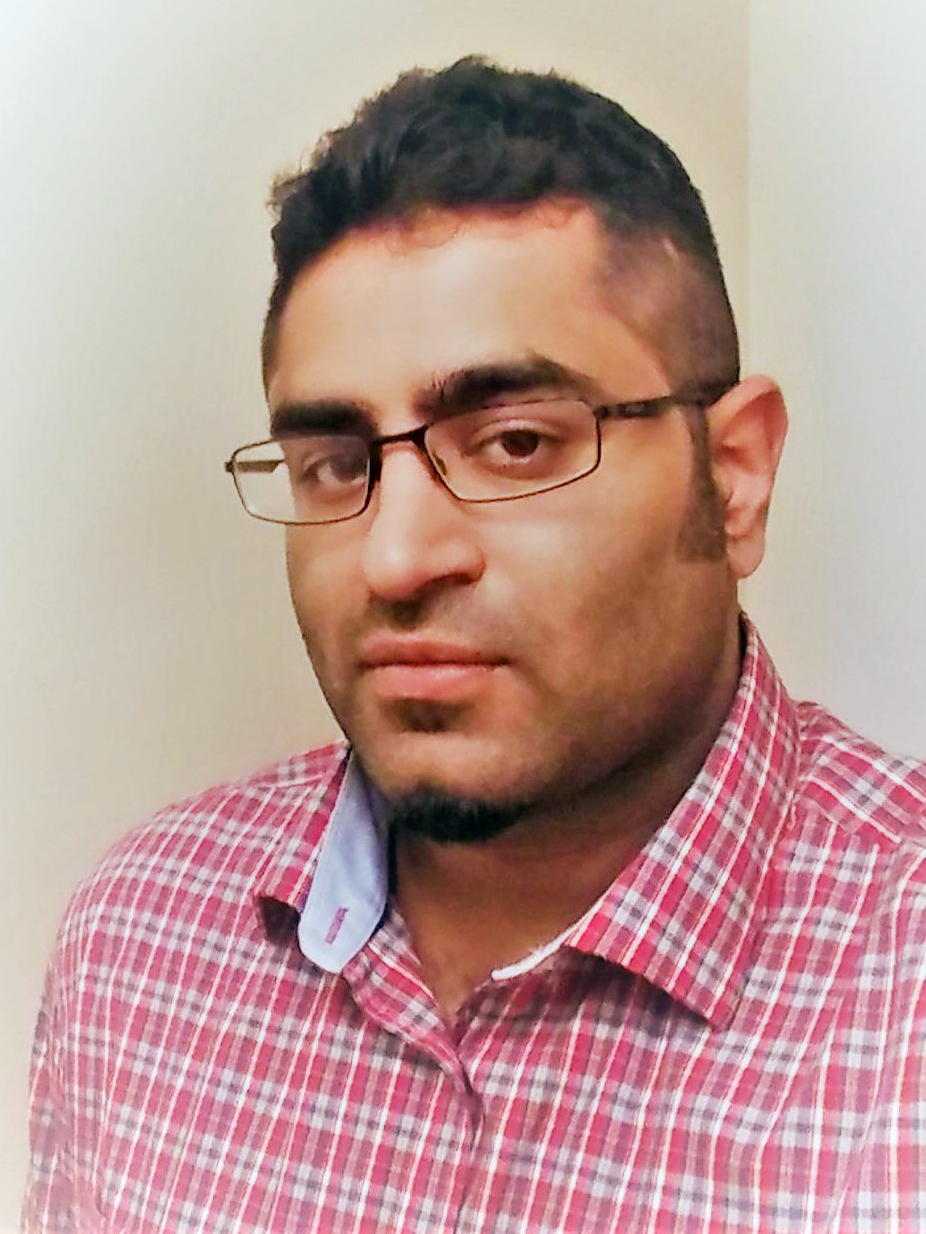
Nikhil Rao, MD, MSc, is board certified in general psychiatry, child and adolescent psychiatry, and obesity medicine. Dr. Rao has practiced across a range of environments including emergency, consultation, and general and specialty pediatric embedded services. He currently works at a high acuity clinic serving youth in cannabis intoxication, dependence, and withdrawal; effective strategies to counter cognitive and sociocultural resistance to the idea of harm from cannabis; and medication management strategies for dual diagnosis treatment and withdrawal management.
Scientific Advisory Board statement: We call it marijuana, not cannabis. Here’s why.
